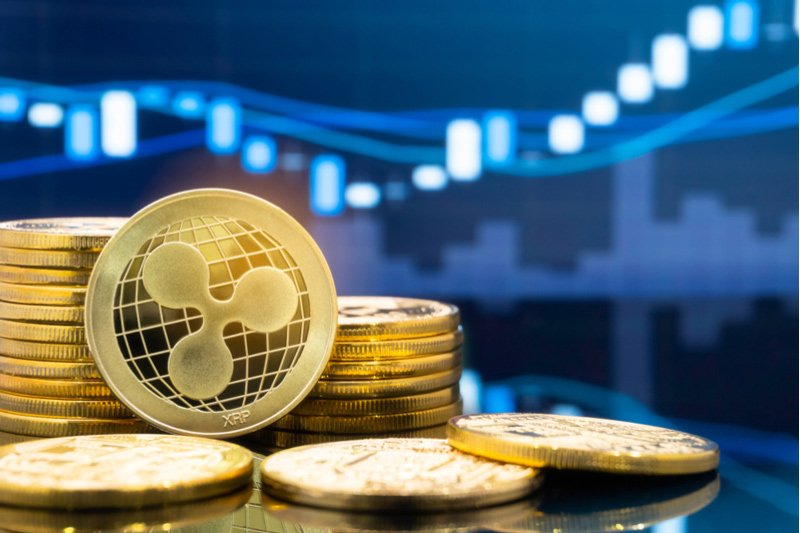Crypto is a Wild West. Unregulated, chaotic – and full of cyber bank robbers and con artists. According to the NGO The Better Business Bureau Crypto scams have become the second most common form of consumer fraud in 2021. Damage: nearly $8 billion. the North American Securities Administrators Association predicts: In 2022, crypto scams will become the greatest danger for consumers. It’s a gangsta paradise.
Chainalysis now wants to remedy the situation with a 24/7 crypto scam hotline. This was announced by the US blockchain data service provider last Friday, June 24, 2022. Chainalysis is now something like the unofficial crypto police. The company has been chasing crypto scammers since 2014. It solved some of the biggest heists in space, such as the Mt. Gox hack (loot: 750,000 bitcoins, today’s value: $15 billion). Today, one works with governments and institutions worldwide to clarify, among other things, crypto scams.
Crypto Scam Hotline not intended for individuals
The Chainalysis hotline is apparently not aimed at individual investors, but primarily at institutions and crypto exchanges that have fallen victim to attacks by scammers or hackers. (link here: https://www.chainalysis.com/crypto-incident-response/). In addition to investigating the reported cases, the experts help the attacked companies to establish contacts with law enforcement authorities and lawyers for asset recovery.
MetaMask, Bored Ape Yacht Club and NFT marketplace Open Sea are just a few of the big names that have already been targeted by scammers in 2022. Their favorite scam, the so-called phishing attack, involves scammers hacking into companies’ social media accounts, posting false links with a call to send cryptocurrency or NFTs, for example, in return for a high reward – and then make off with the loot. This is what happened to Beeple, the most valuable NFT artist: NFTs worth US$365 million were stolen by scammers via a fake link on his Twitter.
At 37 percent, one of the most common forms of crypto fraud is the rug pull, particularly popular in the DeFi ecosystem. In this scam, supposed developers advertise a new project on social media. They sell their tokens – and disappear with the money from their small investors. On average, rug pulls are active for 70 days before scammers go into hiding. Total damage in 2021: almost 3 billion US dollars.
Another sad record: According to research of an Indian news portal, investors were relieved of up to 12.8 billion US dollars this year at GainBitcoin – the largest crypto scam in the country to date.
Chainalysis should have a lot to do.
Monero price prediction 2022 – 2026
- Bank of Japan leaves interest rate unchanged: Impact on the macroeconomy and the crypto market - December 20, 2024
- Memecoins more popular than Bitcoin? Striking results from a Binance survey - December 20, 2024
- Bitcoin breaks records: Bigger than gold ETFs and now the top 7 asset worldwide - December 20, 2024
























